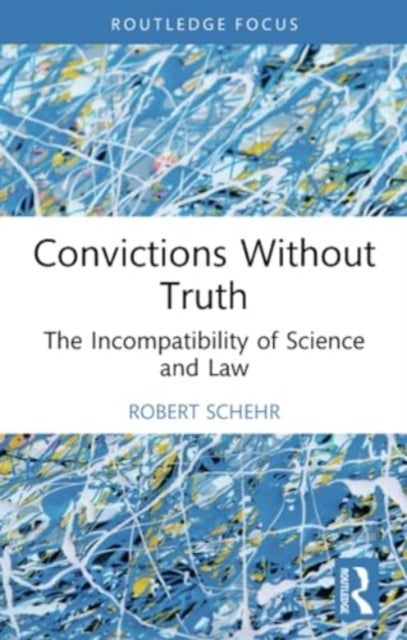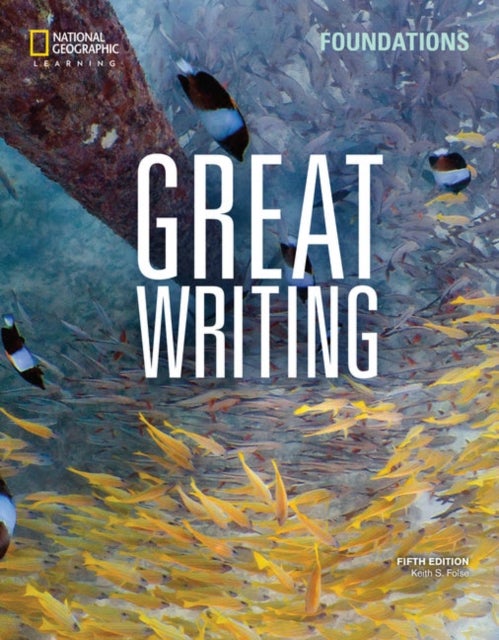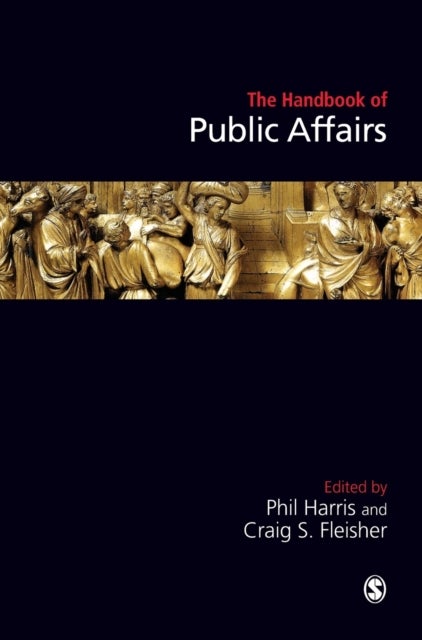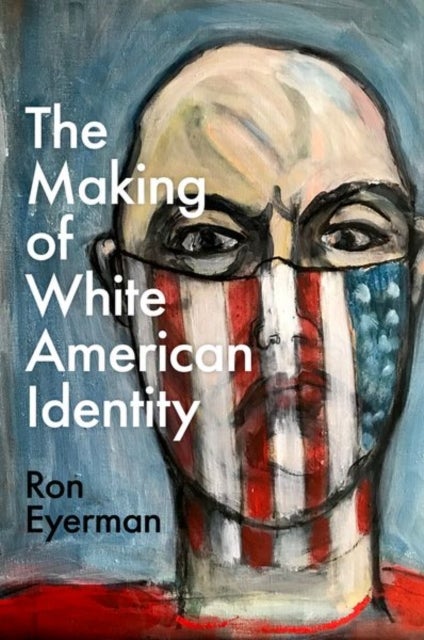
Convictions Without Truth av Robert (Northern Arizona University USA) Schehr
299,-
<EM>Convictions Without Truth</EM> sets out to determine whether and to what extent science and law may coexist in an institutional relationship that truthfully generates individualization through application of forensic testimony for charges relating to violations of criminal law. <P>In the first two chapters, readers are exposed to contemporary unscientific forensic practices as juxtaposed to the evidentiary standard announced by the United States Supreme Court in Daubert v. Merrill Dow Pharmaceuticals, as well as scientific requirements for validity and reliability of expert witness testimony. The remaining chapters provide an explanation for retention of existing, though faulty, forensic practices by way of analysis of path dependency, the fixation of belief, and neuro and cognitive psychology. Through immanent critique and unmasking, the book deconstructs prevailing forensic practices through application of existing published documentation. The final chapter addresses the fixation








